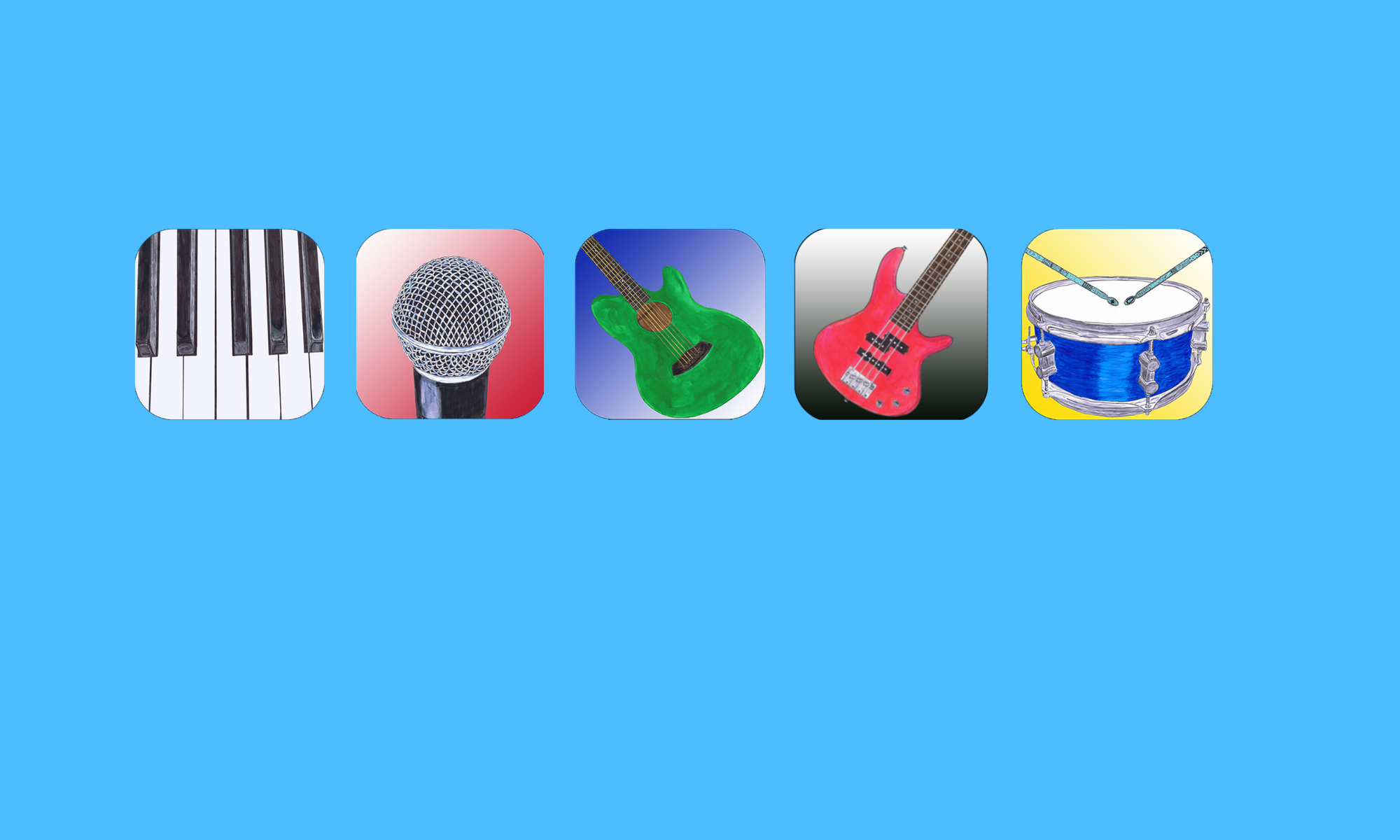Instant gratification: With so many things in life you don’t get to see rewards, especially right away, but with music you work hard at something and you come away with a song.
The power of communication/ interaction with others: When you perform with others, you get to be heard but you also learn that in order to be heard you need to listen. Being in sync with others is satisfying. No one likes to feel as if they are all alone in what they think and feel. No matter how much we want to be unique and individual we do still need that connection with others. We need to feel like someone else understands us. In order to be understood, you need to know how to communicate.
Performing with others also teaches us to compromise. It can’t be ‘all you all the time’. If everyone in the group takes an ‘all me, all the time’ perspective, the music is a train wreck. This reflects life. We need to work together and consider the desires and needs of everyone. In jazz there is a thing called trading twos (or fours). It’s something that happens in soloing. Rather than one person taking a solo and improvising over an entire section, the performers take turns two (or four) measures at a time. In this everyone isn’t just randomly playing (or expressing) what they want or feel. They pass on themes and ideas to each other. It is everyone communicating and getting a chance to speak on a subject within a conversation. And then there is the main body of the song where what you play is a part of a whole. This is the common ground where you have to be thinking of the big picture; what’s going to be best for the song not just what’s the most satisfying for you.
One of the most amazing things that happens when you play music with the same person or people often is that you develop the ability to communicate nonverbally. I had a friend that I sang with all the way through junior high and high school. We sang as part of a larger choir but also in smaller groups and did a lot of duets together. We became so attuned to each other that we could stop and restart with each other perfectly in sync during practice without any word or signal. Singers who sing with others have to learn to be completely in sync. They need to pronounce words identically, match every syllable, start and stop together and even breathe together. Direct eye contact is often used by singers and musicians to communicate with each other. (often they’re hands or mouths are busy playing an instrument) Direct eye contact when held for more than a second or two is taboo in most other social situations. It is instinctively perceived as too intimate or a territorial challenge. Lovers hold direct eye contact and so do two people about to fight. Both are reading each other and communicating. Interacting musically is very intimate yet it doesn’t breach any boundaries that make it dangerous to us or upset societal roles and order, yet it does give us a deeper communication with each other that is healthy.

